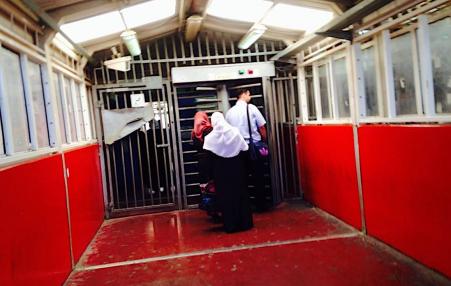Medea Benjamin, Ariel Gold (Consortium News) Jennifer Hansler, Richard Roth (CNN)
Consortium News

Among the most brutal realities for Palestinians is loss of support from Arab states, who pay lip service to their own populations, while drawing closer to Israel with economic interests and Iran in mind.
Spread the word